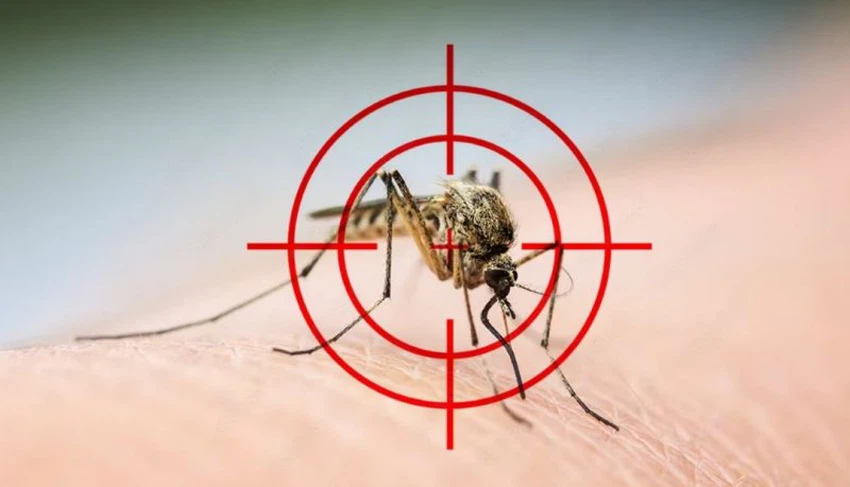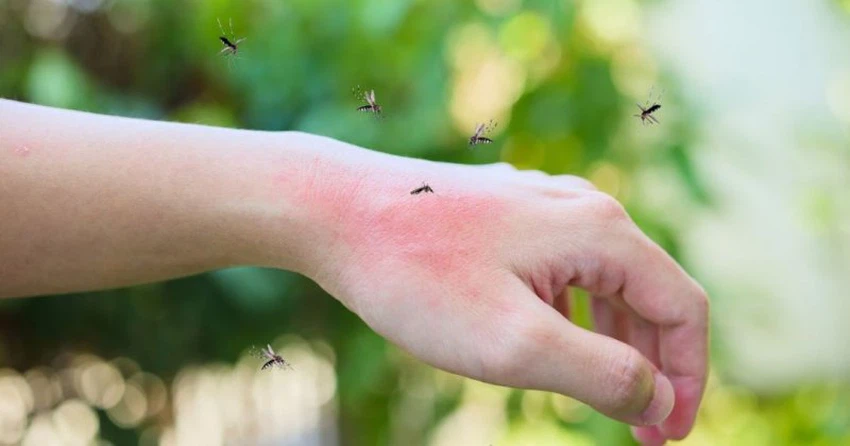After recording cases of West Nile fever... What is the impact of climate change on the spread of mosquitoes?
Weather of Arabia - After a series of precautionary measures taken by the Jordanian health authorities to prevent the entry of the West Nile fever virus into the country, the authorities announced the recording of the first infection in a 6-year-old girl. This announcement comes at a time when the virus is witnessing a widespread spread in Spain, Italy, and European countries. Other.
You may also be interested in:
Jordan | Recording the first case of West Nile fever
The impact of climate change on the spread of mosquitoes
The impact of climate change on the spread of mosquitoes has become clear, as pesticides are no longer sufficient to cope with the increase in the number of mosquitoes that transmit viruses, and climate changes, such as rising temperatures and changing rainfall patterns, provide ideal conditions for mosquitoes to reproduce, enhancing their ability to spread diseases. According to a study published in the Journal of the National Academy of Sciences, these changes contribute to a significant increase in mosquito reproduction and activity.
-
The main factors behind the spread of mosquitoes in the Arab region
Climate and health affairs researcher Rafiq Hamdan explained that there are three main factors contributing to the increase in the spread of mosquitoes in the Arab region:
- High temperature: accelerates mosquito growth cycles and increases their numbers.
- Rainfall change: Increasing and standing rainfall provide ideal breeding sites for mosquitoes.
- High humidity levels: Support mosquito survival and activity, especially in coastal areas.

Climate change and its impact on diseases
A recent study published in the journal PLoS Neglected Tropical Diseases showed that about a billion people may face the risk of contracting mosquito-borne diseases by 2080, due to global warming and diseases such as dengue, Zika virus and chikungunya will become more widespread, especially in European countries including the United Kingdom. .
-
Great adaptation of mosquitoes
Mosquitoes have become more adaptable to climate change, showing a remarkable ability to survive at higher temperatures and reproduce in new areas. Mosquitoes adapt genetically, behaviorally, and physiologically to deal with changing conditions, making combating these insects more challenging.

-
How diseases are transmitted to humans
Diseases are transmitted from mosquitoes to humans through bites. After a mosquito bites an infected person, microbes multiply inside the mosquito. When another person bites, diseases are transmitted to his or her bloodstream. Some viruses can also be transmitted through sexual contact or from mother to child during pregnancy.
This information emphasizes the importance of continuing to monitor climate change and its impact on the spread of diseases, and working to develop effective strategies to combat mosquitoes and reduce the health risks associated with them.
See also:
Tips to avoid contracting Nile fever
After warnings of its spread... What is West Nile fever?
Sources:
Websites
Arabia Weather App
Download the app to receive weather notifications and more..



